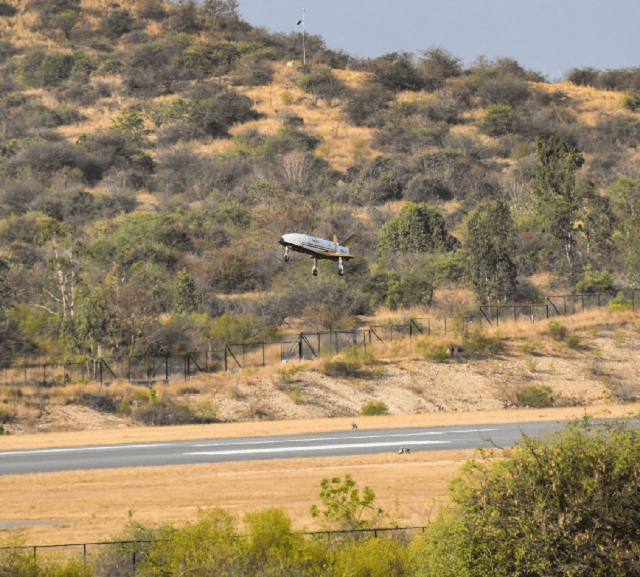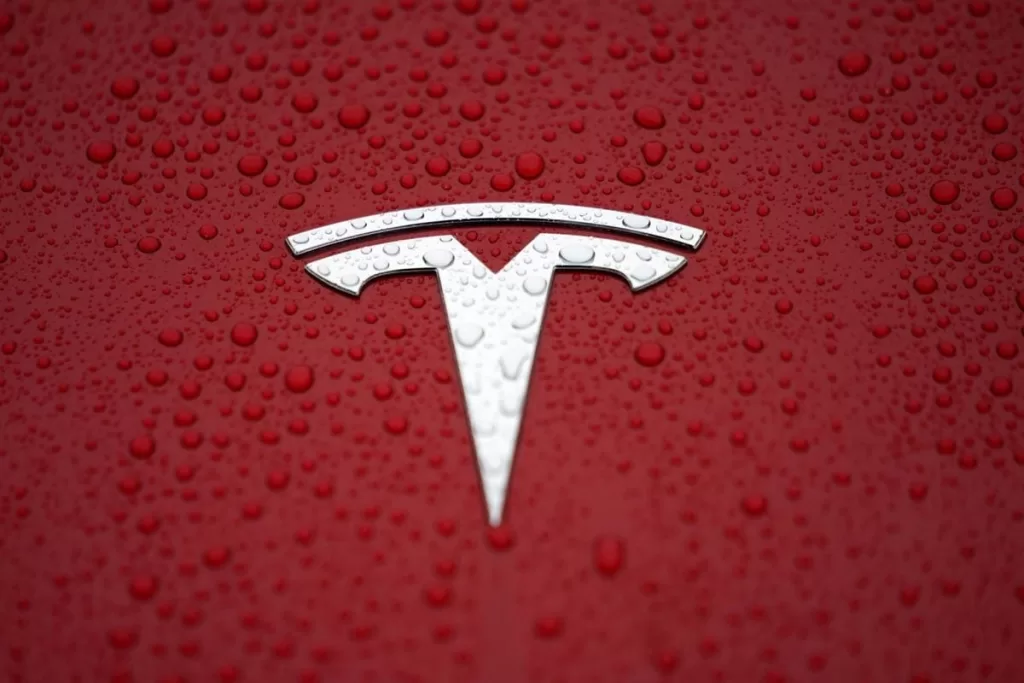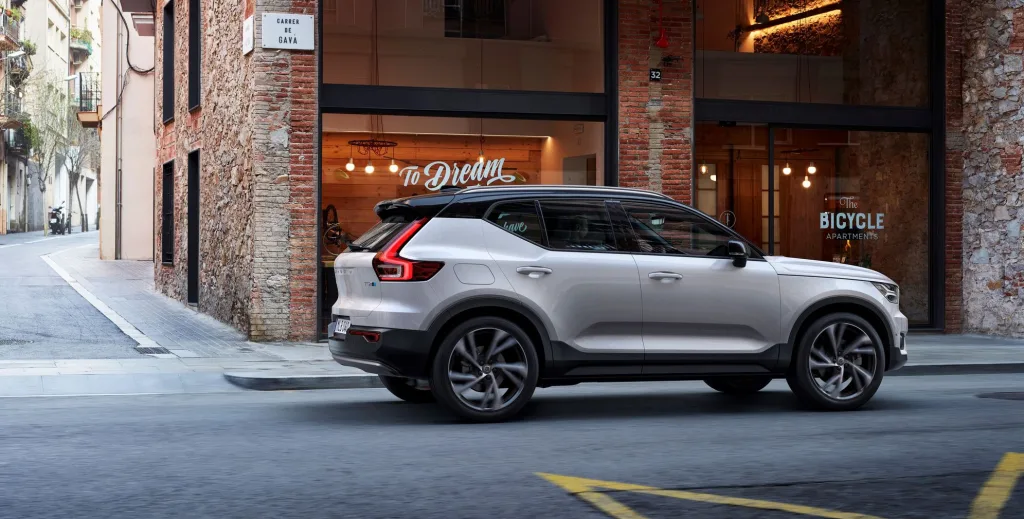- Digital keys are now using UWB technology.
Over the past three years, the Chinese automotive digital key market has been growing rapidly. In 2023, the number of digital keys installed in passenger cars in China increased by 53.0% compared to the previous year, reaching an installation rate of 33.0%.
UWB (ultra-wideband) technology has become popular in digital keys, following BLE and NFC. In 2023, UWB digital keys were widely adopted in passenger cars in China, with installations increasing by 371.4% annually and reaching an installation rate of 1.1%. Fourteen auto brands, including NIO, Denza, and ZEEKR, incorporated UWB keys into their models, compared to only three brands in 2022. Popular models like Xpeng X9, AITO M9, ZEEKR 007, and Yangwang U8 are now equipped with UWB keys.
- UWB keys offer additional functions like vehicle search and APA.
With more components like sensors and communication modules in vehicles, digital keys are evolving beyond traditional functions. UWB technology enables features like vehicle search and APA (automatic parking assist) in digital keys. For example, Meizu mobile phones can use UWB to automatically record vehicle locations and guide users to their parked cars, even without an internet connection.
- Compatibility is a major challenge for digital keys.
As digital keys become more integral to vehicle intelligence, they need to address compatibility issues. This includes compatibility between different technologies like BLE, NFC, and UWB, as well as standards from different alliances. Efforts are underway to improve standard compatibility between alliances, such as the partnership between FiRa and CCC to integrate UWB standards.













